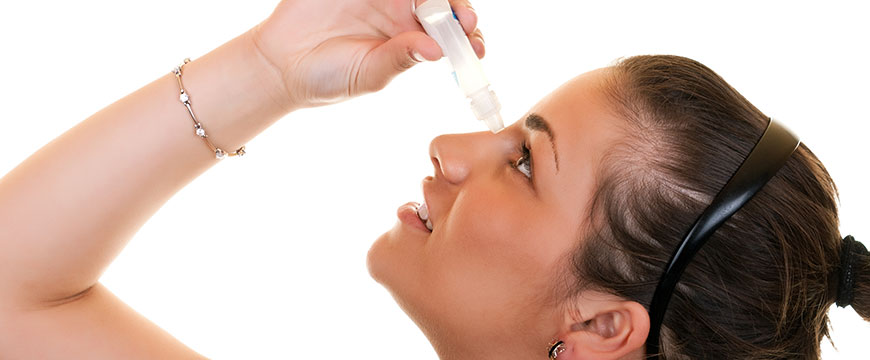
Aspirin is an important drug used by people all over the world to help with medical conditions. However, with a lot of people that suffer from a sensitivity to aspirin, using aspirin as allergy treatment is very important for positive health outcomes. You can check an allergy clinic if you want to have an effective aspirin desensitization treatment so you can offer relief for individuals.
There are about 1.2 million and 1.6 million people in the US who have aspirin-exacerbated respiratory disease, which causes a lot of frustration for a lot of patients. Due to aspirin desensitization, you can overcome the worst symptoms caused by this condition. If you want to know more about this, you can read on.
What is Aspirin-Exacerbated Respiratory Disease (AERD)?
Aspirin-exacerbated respiratory disease (AERD) includes chronic asthma, sinusitis that has nasal polyps, and aspirin sensitivity, and other non-steroidal anti-inflammatory drugs (NSAIDs). Patients who have this condition experience mild to severe symptoms of any respiratory conditions for aspirin-related medications. Other medications can have ibuprofen and naproxen. Approximately 1 in 10 patients who have asthma or 1 in 3 patients with asthma and sinusitis with nasal polyps could be sensitive to aspirin and other NSAIDs that leads to having AERD.
Symptoms of Aspirin Sensitivity
People with aspirin sensitivity can have symptoms like:
- Hives, itching, swelling, or
- Shortness of breath, worsening and wheezing of nasal/sinus symptoms
In some cases, the aspirin adverse reaction could be serious or life-threatening.
How is AERD Diagnosed
The AERD diagnosis is clinical, which means that there is no certain test or blood result that can be used to diagnose the disease. The triad asthma plus symptoms and nasal polyps and respiratory reactions to NSAIDs are everything that is needed for diagnosis. For patients with a history of possible reaction to an NSAID is unclear, and normally it is helpful to do an aspiring challenge to confirm your diagnosis. You can do this either as an oral challenge, or a combination of oral or intranasal challenges. The procedure is in a hospital or clinic with a medical team and an experienced doctor.
In addition, people who have AERD have huge numbers of eosinophils in the nasal polyps and elevated levels of eosinophils in their bloodstream. Eosinophils are a kind of immune cell that has inflammation. Even if the presence of an elevated eosinophil level is not needed in the diagnosis, it can be good additional insight for patients.
Benefits of Aspirin Desensitization
Aspirin desensitization will allow a patient to gain these benefits:
- Improved asthma control
- Decreased doses of corticosteroid
- Delayed regrowth of nasal polyps that causes surgeries that are less related to sinus (polyps surgeries)
- Less need for medication for respiratory symptoms treatment
- Aspirin tolerance (ASA) and NSAIDs
- Better sense of smell and taste
Success Rate of Aspirin Desensitization
There is a recent study reported that AERD patients who can continue aspirin desensitization treatment for over a year, were the ones to experience the most benefits.
Risks of Aspirin Desensitization
The aspirin dose that is given during desensitization of aspirin is a lot smaller compared to what is taken in a lot of cases. The reactions because of a lower dose are normally less severe, in most cases compared to the reaction of what a patient would have gone through if they took a full dose. Here are the risks of aspirin desensitization:
- Runny nose
- Nasal congestion
- Tightness in your throat
- Stomach pain
- Heartburn
- Nausea
- Hives
- Blood pressure rarely drops
The physician will monitor you closely, including your vital signs, lung function, and oxygen intake.
You can check an allergy center Manassas VA anytime.






